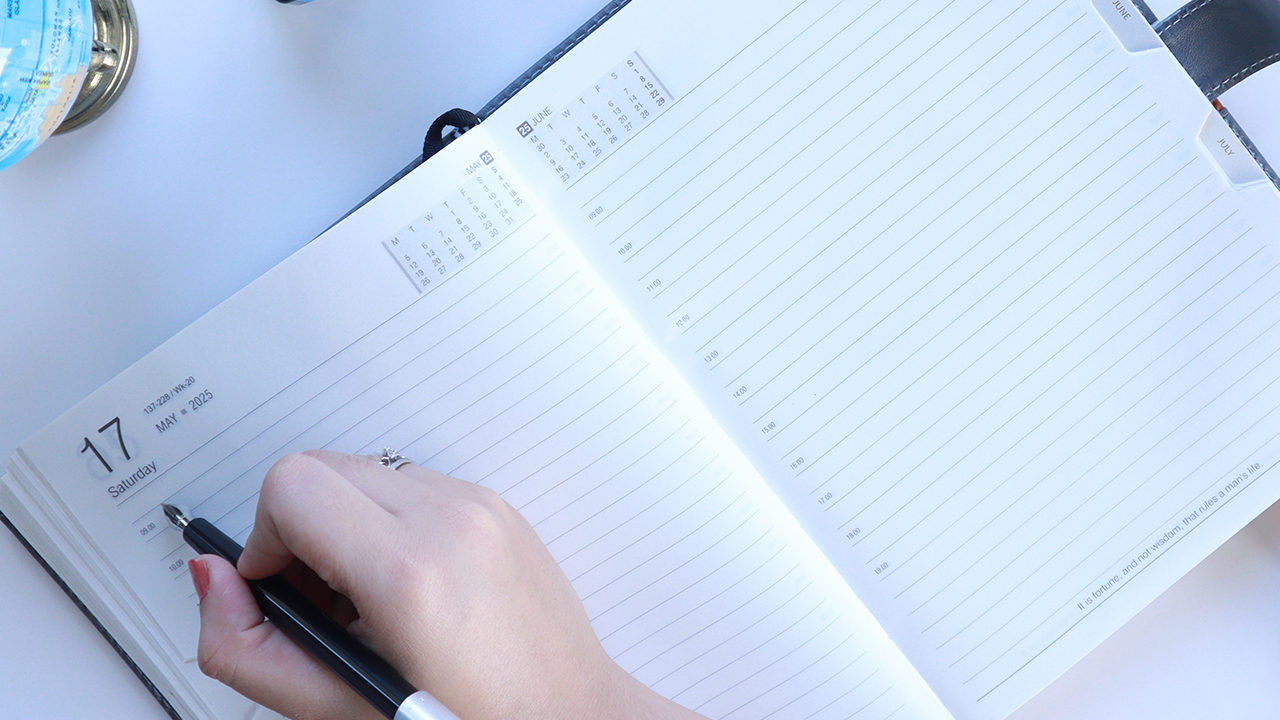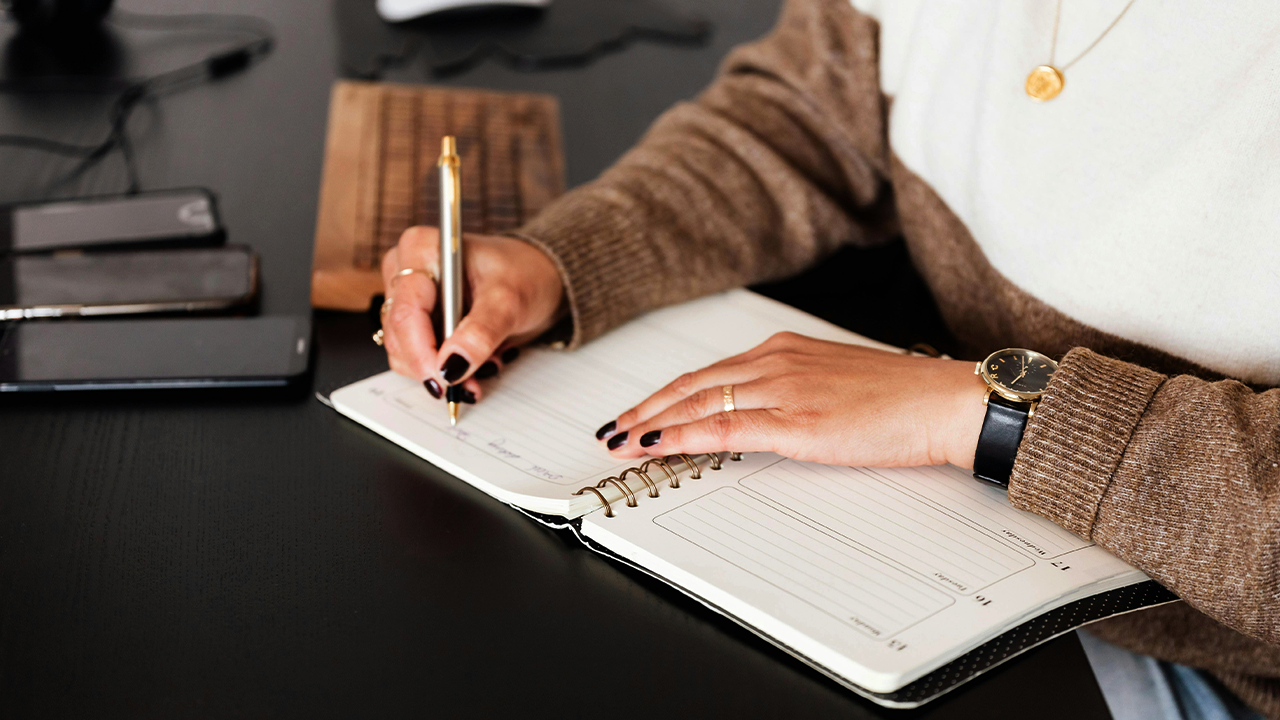Buying a new diary is always an exciting experience. A beautifully crafted leather-bound notebook with crisp, untouched pages holds the promise of new beginnings. The fresh scent of paper and the anticipation of filling its pages bring a sense of joy. However, when we finally sit down to write, we often find ourselves unsure of where to begin. What should we say? Should it start with Dear Diary? What if my life is not exciting enough to document?
If you have ever felt this way, trust me—you are not alone. Many people love the idea of keeping a diary but struggle with what to write and how to structure their thoughts. But the good news is there are no rules—your diary is yours, and you can shape it however you like!
Whether you’re just beginning or looking to improve your diary-writing experience, here are some simple yet truly helpful ways to get started.
1. Open Your Diary and Start Writing

Every diary entry begins with a simple step—opening your diary to today’s date. Since all diaries are pre-dated, you don’t have to worry about writing the date manually. Just turn to the correct page and start expressing your thoughts.
Having pre-dated pages makes it easier to maintain consistency in writing. You’ll always know where to write, and later, you can look back and see exactly what you were thinking on a specific day.
Example Entry:
📝 Had a peaceful morning with coffee and a good book. Feeling refreshed and ready to take on the day!
The hardest part is just getting started—but once you do, the words will flow naturally.
Step 2: Don’t Overthink—Just Write What Matters to You
One of the biggest mistakes people make is that when they start writing a diary, they think they have to write about everything. But let it be honest—some days are just uneventful, and that is completely okay! Your diary is not a historical record book. It is a reflection of what is important for you.
Instead of listing out your entire day, just focus on:
• One memorable moment (good or bad)
• A small realization or learning
• Something that made you smile or feel grateful
You don’t need to write paragraphs either—some days, even a few sentences are enough.
📝 Example: Had an unexpected heart-to-heart with an old friend today. We laughed about childhood memories, and it reminded me how rare and valuable true friendships are.
Even a single thought is better than a blank page.
Step 3: Be Honest About How You Feel—Your Diary is Your Safe Space
A diary is not just about what happened—it’s about how you felt. Expressing emotions through writing can be surprisingly therapeutic. There’s something about putting feelings into words that helps process them better.
Instead of writing just “Had a stressful meeting today,” go a little deeper:
- What exactly made it stressful?
- How did you feel before, during, and after?
- What can you do differently next time?
📝 Example: I was so nervous before my big presentation today. But once I started speaking, I felt my confidence build. Maybe I’m not as bad at public speaking as I thought?
Writing like this helps you understand yourself better and can even reduce stress over time.
Step 4: End with Gratitude or a Thought for Tomorrow
Ending your diary on a positive note can shift your mindset in a big way. Try closing each entry with:
✔️ A simple list of things you’re grateful for
✔️ A takeaway or lesson from the day
✔️ A small intention for tomorrow
📝 Example:
Grateful for: 1) A long walk in fresh air, 2) That moment of laughter with Mom, 3) A cozy evening reading my favourite book. Tomorrow, I will be more aware of how I use my phone and avoid unnecessary distractions.
This small practice rewires your brain to focus on the good and makes your diary an uplifting space.
Why Keeping a Diary is Life-Changing
You might not notice it at first, but keeping a diary does something powerful—it gives you a place to slow down and truly listen to yourself.
Some surprising benefits of diary writing:
✔️ It clears your mind – A brain dump of thoughts helps you organize them.
✔️ It tracks personal growth – You’ll see patterns, habits, and progress over time.
✔️ It’s a creative outlet – Writing freely without judgment is incredibly freeing.
✔️ It makes you more mindful – Even on bad days, it helps you find moments of gratitude.
Years from now, your diary will be one of your most valuable possessions—a collection of thoughts, dreams, and lessons that tell the story of YOU.
Final Thoughts: Just Start Writing!
If you take away one thing from this guide, let it be this: Your diary doesn’t have to be perfect—it just has to be yours.
It doesn’t matter if you write one sentence or three pages. It doesn’t matter if your handwriting is messy. What matters is that you start and allow yourself to express without fear.
So, grab your diary, open to the first page, and write something—anything. Your future self will thank you for it.
📌 Found this guide helpful? Share it with someone who could use a little inspiration to start their journaling journey!
Ready to begin? Grab your favourite diary and start writing today!


